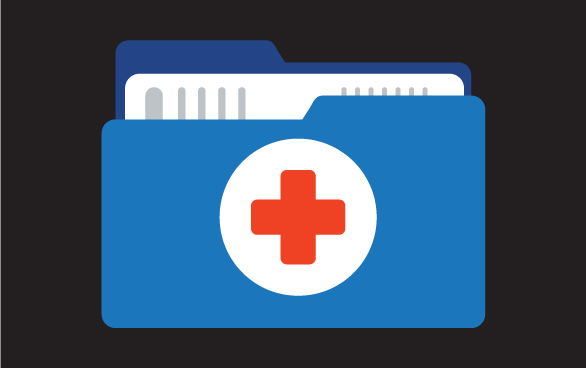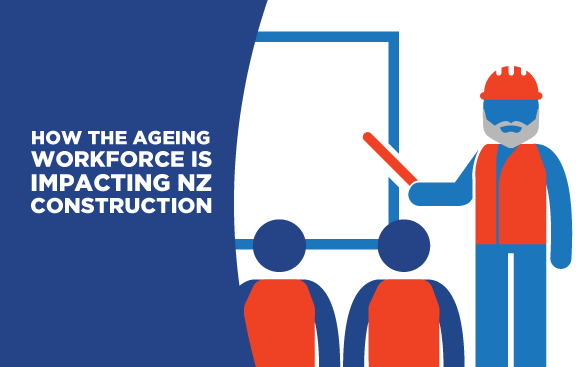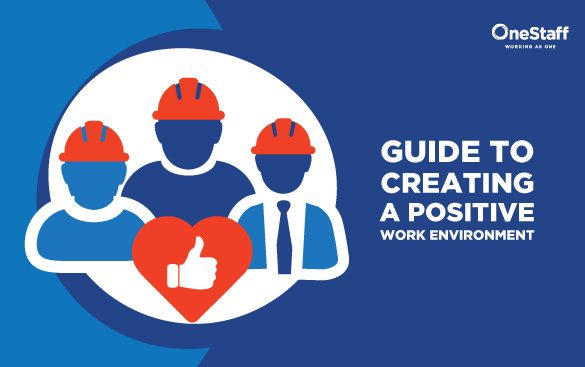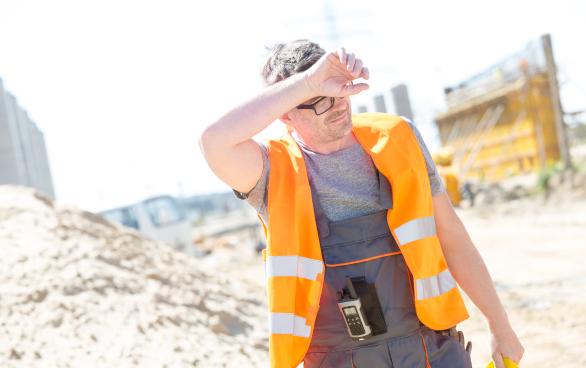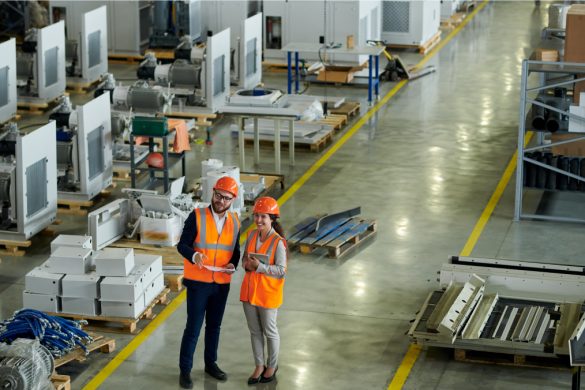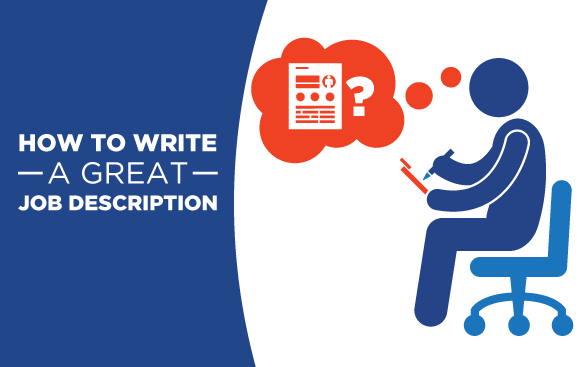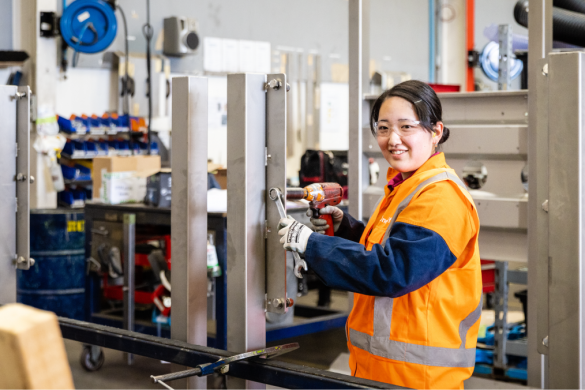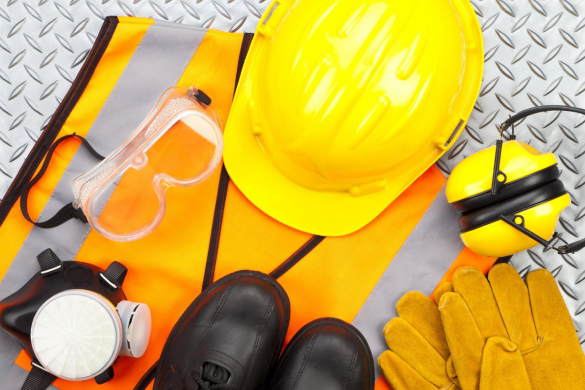Pre-employment drug testing is a common step in the hiring process for safety sensitive industries. As inconvenient or uncomfortable as this process might seem, drug tests can be essential precautions for ensuring a safe work environment for all staff.
If you’re looking for your next Industrial, Manufacturing or Construction job, here’s what you need to know about pre-employment drug testing.
The Role of Drug Testing in Health and Safety
Regardless of the industry, employers have a responsibility to ensure their employees are safe while at work. This is especially true in higher risk industries such as Manufacturing and Construction, where the risk of injury is even greater. This is why employers will use every tool in their belt to ensure their sites and staff are safe – including workplace drug testing. The term “drug” refers to many different chemicals and compounds, not just those that are illegal. Alcohol and various sedatives are examples of legal drugs, and impairment with these is certainly just as much of a risk to safe working practices as being under the influence of illegal narcotics.
It is well known that drug use can cause impairment and can lead to poor concentration, lack of judgement, an inability to identify risks and can increase risk-taking behaviour – all of which heighten the chances of workplace accidents and possible injury to both the employee and those around them. Many Industrial, Manufacturing and Construction jobs involve working at height, operating heavy machinery and driving (often very large) vehicles, as well as working in and around other workers and hazardous materials, so it’s essential that employees are alert and capable at all times.
The purpose of pre-employment drug testing is to identify any recent drug use that may cause issues. The reason for this is that it’s not practical for most industries to run impairment tests every day that a person attends a worksite. Pre-employment tests provide a general overview of a candidate’s recent use in order to minimise the chance that impairment may happen on site. It’s a bit like getting a reference from your previous employer – it helps subsequent employers to get an idea of how you may perform in the future.
Obviously, pre-employment tests are not a guarantee, but, combined with post-incident testing, potential random tests or “just cause” provisions (agreed to in the employment agreement) that can be done while on the job, they can help to reduce the chance of incidents as a result of drug use.
Remember, pre-employment drug testing is never personal but done solely for your safety and the safety of others on the team.
How Does it Work?
Pre-employment drug testing should rarely come as a surprise, as most employers who work in safety sensitive industries will indicate in job adverts whether a drug test is required. Employers should have a good knowledge of New Zealand’s drug test laws, understand that drug testing can sometimes be invasive and be mindful of a candidates’ privacy and legal rights during the application process.
Usually, when an offer of employment is made, there will be a condition of a clean test result, and it should be made clear from the get-go (by the employer or recruiter) that the employment will not commence until after that time.
In New Zealand, drug testing is regulated under a national drug testing standard. So, how exactly does the process work and what are your rights as a prospective employee?
There are typically two types of testing that an employer may require – a screening test and an evidential test. Below we go into detail about what each test entails:
Screening Test
Screening tests are most commonly used among NZ employers. They are about 98% accurate and offer quick results, taking only 5 minutes to show whether the urine provided tests positive for indicators of various drugs. Most employers will only require this type of test, however, some might also do Evidential testing if or as required.
Evidential Test
Evidential tests are 99.9% accurate, making them very slightly more effective than screening tests. The sample will be sent to a laboratory and it may take some time to get the results back. Evidential tests show exactly what drugs were used and how much was in the sample.
Both these tests involve providing a urine sample, which is done under very strict and controlled conditions, within a specially prepared area designed to maintain the candidates’ privacy.
The tests are designed to indicate a wide variety of potentially impairing chemicals and compounds, not just those that are illegal. The test is not used to ascertain criminal activity or to make a personal judgement on the individual. It is simply to indicate and remove the possibility of impairment in relation to the role you are applying for, and hopefully to make the workplace safer for everyone.
Generally, if either test is passed, you will not have to pay for it – however, always confirm this with the employer or your recruiter.
Summary
In any high-risk situation, knowing the guy next to you is fully alert and has your back if anything goes wrong will go a long way towards making you feel comfortable and confident at work. This is why employers do pre-employment drug testing, to ensure ALL staff are kept safe from any unnecessary and avoidable accidents on site.
If you have any questions about pre-employment drug testing or would like support with an application, get in touch with the team at OneStaff.
